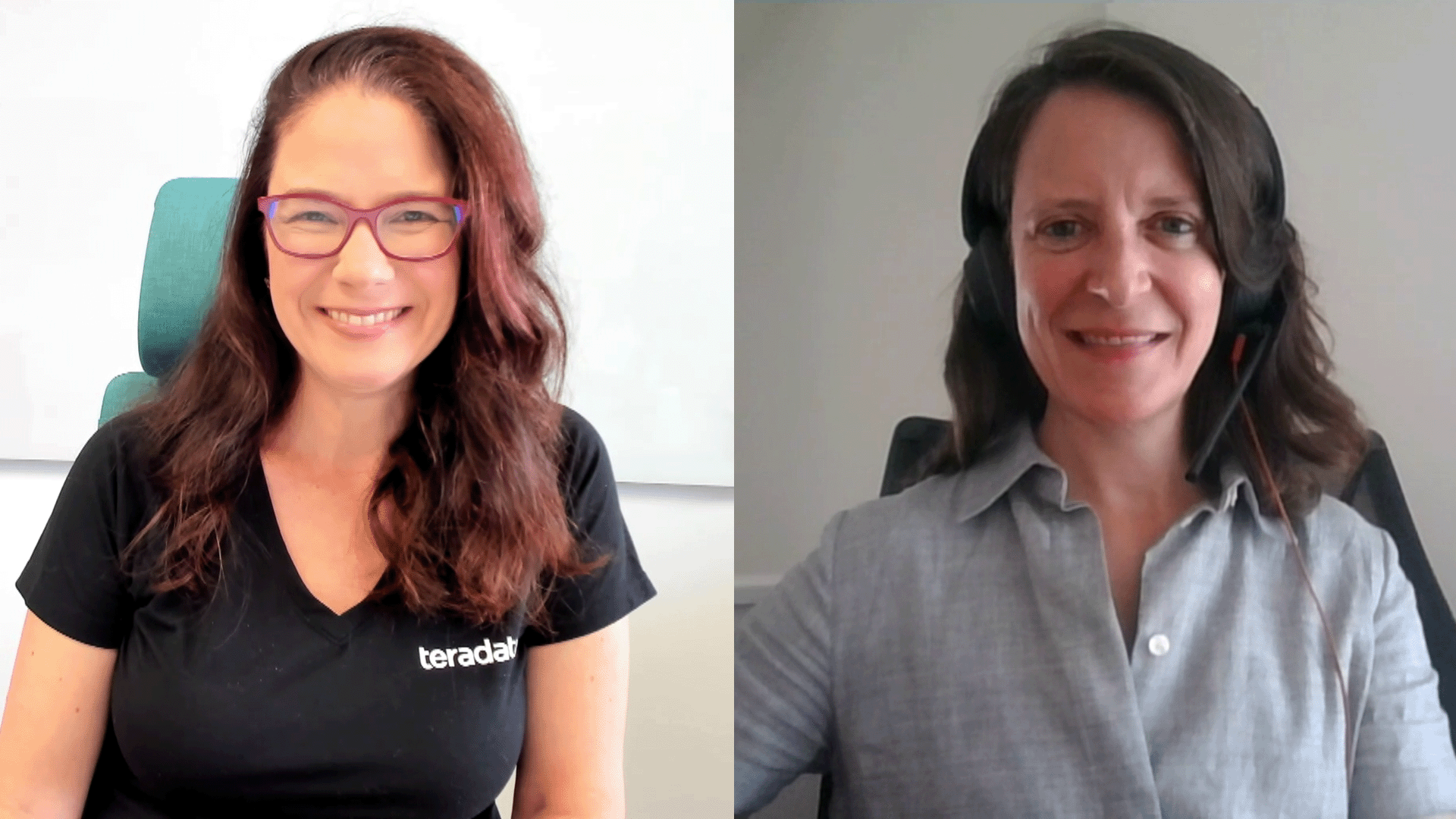 WOMEN IN TECH
WOMEN IN TECH
 WOMEN IN TECH
WOMEN IN TECH
 WOMEN IN TECH
WOMEN IN TECH
Today’s technology is driven by customer experience. In 2021, Gartner Inc. put “people centricity” in its Top Strategic Technology Trends for the year, and companies from Amazon Web Services Inc. to Zappos.com Inc. place customer-centricity at the top of their cultural values.
Yet society still paints a stereotypical image of the socially awkward, male STEM student who loves to geek out on complex topics. This discourages other personalities from choosing a career in tech and perpetuates male dominance in the industry. According to recent data from the United States National Survey of College Graduates, there are still seven male STEM graduates for every three women. This statistic remains almost the same in the wider U.S. workforce, where only 26% of computer and mathematical positions are held by women.
This creates an issue: How can companies be truly customer-centric if their workforce doesn’t represent the consumer around whose needs they claim to revolve?
“We’ve moved from technology for technology’s sake … unless you’re really focused on the outcomes and what customers are seeking, technology is not hugely valuable,” said Hillary Ashton, (pictured, left) executive vice president and chief product officer of Teradata Corp.
Solving this requires bringing in people who understand the voice of the customer and the outcomes they want, and those are not necessarily the folks who hold Ph.D. degrees in mathematics or statistics, Ashton pointed out.
Ashton and Danielle Greshock (pictured, right), director of partner SAs and worldwide ISV at AWS, spoke with theCUBE industry analyst Lisa Martin at the “AWS Partner Showcase S1 E3:Women in Tech” event, during an exclusive broadcast on theCUBE, SiliconANGLE Media’s livestreaming studio. They discussed the importance of bringing women on non-STEM career paths into tech and why Teradata’s commitment to DEI is important for the quality of the data insights its platform produces. (* Disclosure below.)
Teradata is one of only a few technology companies that have equal gender representation at the executive level. Diversity, equality and inclusion are deeply embedded into Teradata’s culture, according to Ashton.
“We were named one of the world’s most ethical companies for the 13th year in a row, and all of our executive leadership team has taken an oath around D E and I that’s available on LinkedIn,” she said.
It’s the first time Ashton has worked on a gender-balanced team, and she enjoys the benefit of feeling represented. However, as a leader, she is aware that biases can raise their head even in the most diverse environments. She believes that all leaders need to be aware of potential biases and open the dialogue around them while holding themselves and their team members accountable.
“We’re not going to be perfect anytime soon, but I think being on a path to improvement to overcoming bias is really critical,” she said.
Teradata’s focus on DEI is important because the company’s multicloud enterprise analytics platform is “the brains of a lot of companies, what they differentiate on, how they figure out insights into their business,” Greshock stated.
This means that any biases within the company’s culture could affect the validity of the data analysis algorithms it uses to provide business insights. The same is true for AWS and any company that is incorporating machine learning and artificial intelligence into its operations and processes.
“[We need] to have some more women in these technical roles, as well as shaping the products … in order to move bias out of our solutions and also to just build better products and have better outcomes for customers,” Greshock said.
The COVID pandemic had a negative impact on women in the workforce, with many quitting due to the stress of juggling obligations from home-schooling and working from home simultaneously. Couples tended to fall back into gender-assigned roles during the pandemic, with women handling most or all of the childcare in almost 37% of families surveyed, according to the Journal of Applied Psychology.
However, having to collaborate with colleagues over video calls had an upside, as it changed the dialogue and made it more acceptable for both men and women to request that work schedules consider family obligations, according to Ashton.
“The men on my team were seeing more kids in the background, more split childcare duties, more ability to start talking about other responsibilities,” she said. “So, we saw quite a lot of people bringing their whole selves to the office, which I think was really wonderful.”
Having followed a non-traditional path into tech (Ashton set out to become a lawyer and has a degree in government), she can validate the need for both STEM and non-STEM skills in the tech workplace. Her interest was sparked during summer school at Harvard, where she learned about multimedia and programming.
“That set me on a trajectory of how data and analytics can truly provide value and outcomes to our customers, and I have been living that life ever since I graduated from college,” she said.
Greshock believes Ashton’s path is one that tech recruiters need to replicate.
“Unless you bring folks with a zigzag path, the likelihood is you won’t be able to change the numbers that you have,” she stated. “It’s really about looking at the folks who are just graduating college, maybe in other roles where they are adjacent to technology, and to try to spark their interest and show that they can do it. Oftentimes, it’s really about believing in themselves and realizing that we need folks with all sorts of different perspectives.”
Here’s the complete video interview:
(* Disclosure: Teradata Corp. sponsored this segment of theCUBE. Neither Teradata nor other sponsors have editorial control over content on theCUBE or SiliconANGLE.)
THANK YOU